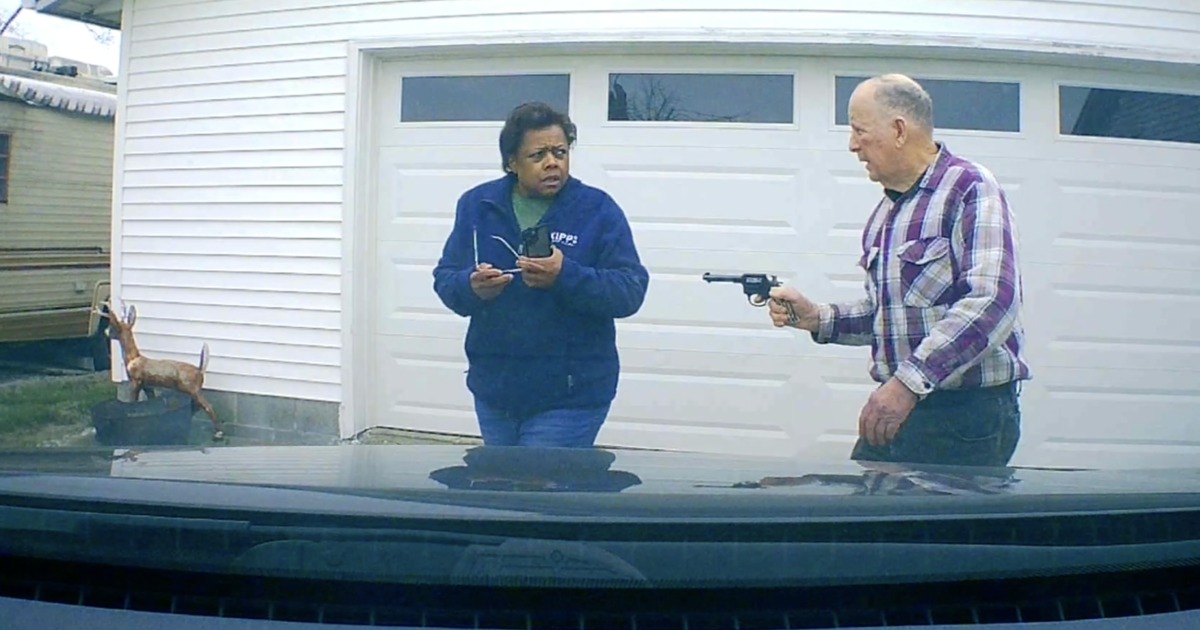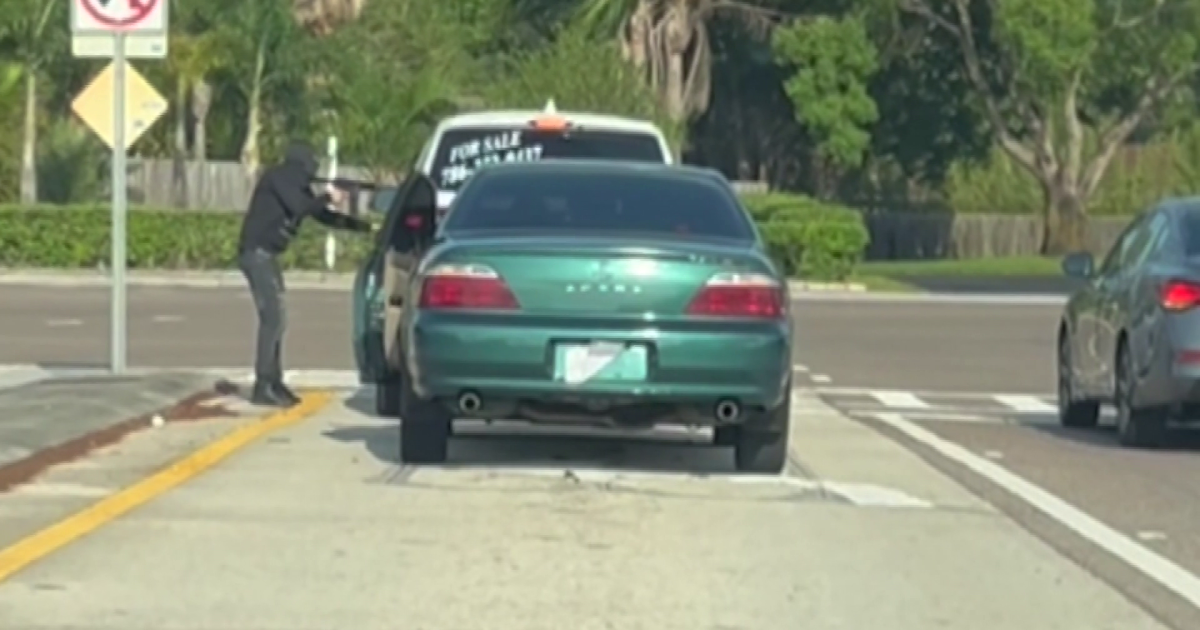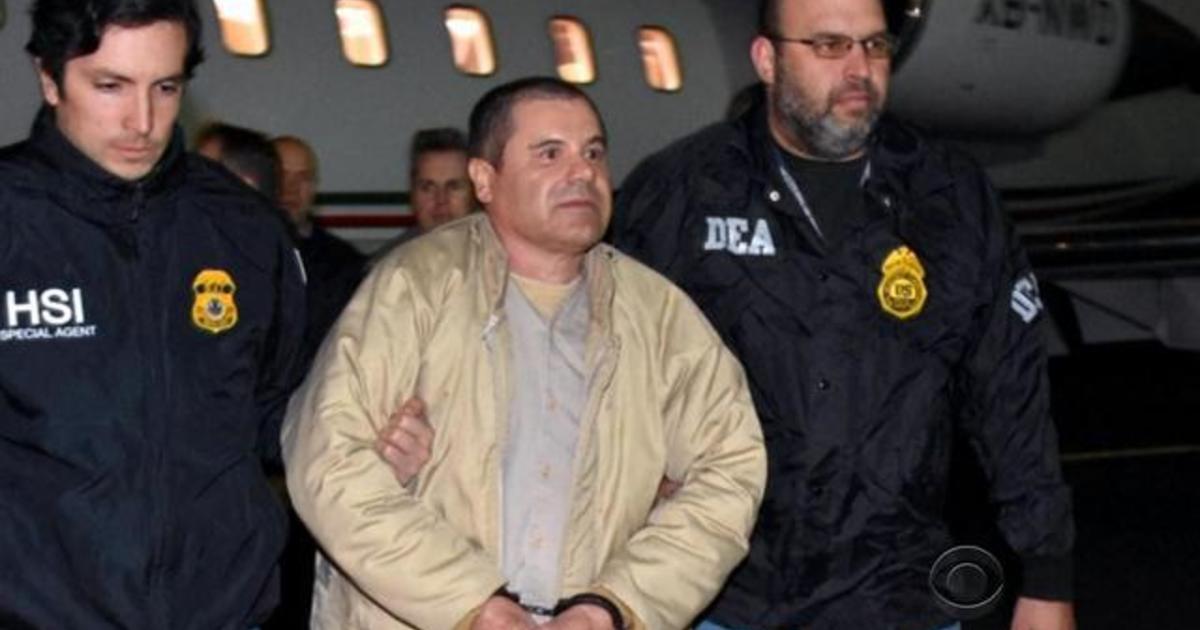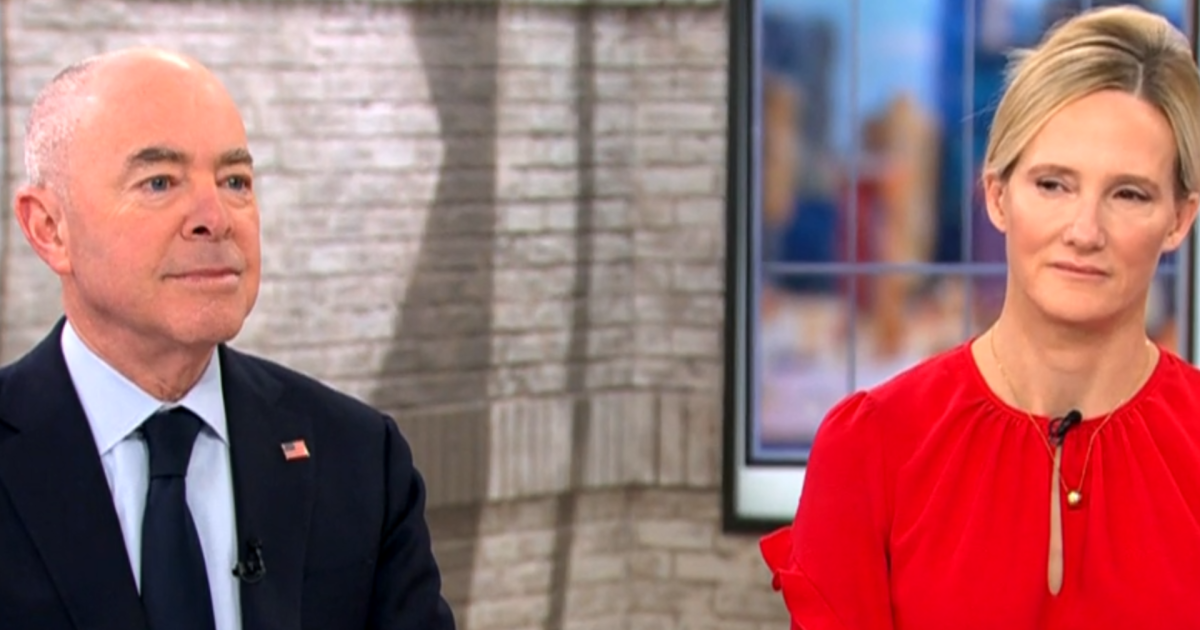911 calls in Parkland shooting shed new light on emergency communications
PARKLAND, Fla. -- More than 15 students and teachers grabbed their cellphones and called 911 for help on February 14 during a mass shooting at Florida's Marjory Stoneman Douglas High School. Even though the high school is in the city of Parkland, the cellphone calls rang at a 911 call center in Coral Springs, a city south of the school. That's because the calls were routed to a cell tower just a short distance from the school on the south side of the Sawgrass Expressway.
CBS Miami obtained a large portion of the calls after filing a public records request with the Broward Sheriff's Office. The calls shed new light on how agencies involved shared information.
One of the first calls Coral Springs 911 dispatchers received came as confessed school shooter Nikolas Cruz roamed the halls of the high school's freshman building. It came from a student who said he was on the the building's third floor.
"Are they getting closer to you?" the dispatcher asked. "Yeah," the student responded.
The dispatcher asked whether the classroom door was locked and wanted to know if there was imminent danger. "The shooter's not in the classroom, right?" the dispatcher asked. "No," the student said.
And after 90 seconds, after the gunshots ended, the dispatcher reassured the student that help was on the way. The dispatcher then said she had to go.
"OK, listen to me," the dispatcher said. "I've gotta answer some more calls so I'm gonna let you go. You guys stay in the classroom. If for some reason, they get in your classroom, call me back."
"Please don't," said the student.
"I promise you, we have a lot of people coming," said the dispatcher. Seconds later, the call dropped. A dial tone can be heard.
Another call soon came in.
"Hi, I'm a teacher still on the third floor of 1200 building," the voice said. The teacher asked for help and the dispatcher wanted to know if anyone was hurt. The dispatcher reminded the teacher to keep all cellphones on vibrate and to stay quiet.
"I promise we have a lot of units coming to you," the dispatcher said. "Obviously our phones are … everybody's calling but I want you to continue to just monitor. Call us back if you hear any more gunshots or anything like that, OK?"
Neither of the calls were transferred to the lead agency responsible for investigating the shooting, the Broward Sheriff's Office (BSO). And of the more than 15 calls received by Coral Springs 911 dispatchers from students and teachers inside the freshman building, BSO said only three were transferred to them.
The National Fire Protection Association said they suggest calls be transferred to the lead agency within 30 seconds. But that is simply a guideline and not a mandatory requirement.
National experts in emergency dispatch said these types of issues where one city or agency receives 911 calls for a neighboring city or agency are not new. They've been occurring for a long time as city and county borders do not obey the laws of cellphone technology. Once a cellphone call is made, it goes to the nearest tower and is answered by the 911 dispatcher in that city or county.
Several experts in 911 dispatch said it's possible the bulk of calls did not get transferred because the information was considered repetitive and dispatchers didn't want to unduly burden BSO.
In another call, a calm yet urgent voice answered the phone at the Coral Springs 911 call center.
"Hello, I'm at Stoneman Douglas High School and I think there's a shooter," the caller said quickly. In this case, the dispatcher immediately reached out to BSO.
"We're getting multiple calls," the BSO dispatcher said, adding that BSO was sending units to the school.
The BSO dispatcher asked if Coral Springs was sending "rescue" to the school and the Coral Springs dispatcher said that paramedics could not enter the school until it was safe for them to enter the building.
In another call, a key detail about the shooter's whereabouts appears to have been miscommunicated to BSO.
A person from inside Stoneman Douglas called 911 and a Coral Springs 911 dispatcher answered.
"Do you know where they're at?" the dispatcher asked about the shooter. "They're in the freshman building, it's in the student lot."
"In the student lot?" the dispatcher asked. "Yes," the caller said.
The dispatcher asked: "Do you know how many shooters there are?" The caller answered: "No."
With that information, the 911 dispatcher attempted to connect the call to BSO, however the caller either hung up or the phone disconnected. The dispatcher relayed the information he had.
"This person is advising there is a shooter at Douglas in Parkland," the dispatcher said. "(The caller) is in a safe spot. He's advising the shooter is in the north parking lot."
It's unclear where the shooter was at that precise moment, but reporting indicates that Cruz left the building with a group of students.
On the calls, you hear Coral Springs dispatchers in a wide range of situations. They attempt to help students in the building do CPR on victims, reassure parents of students who are desperate for information and offering kind, uplifting words for people inside the building concerned for their safety and the safety of their friends and teachers.
CBS Miami played a number of the Coral Springs 911 calls for Chuck Lanza, former Emergency Management Director for Broward County. He said he was impressed by the work of the dispatchers.
"Very calm, very reassuring to the children," Lanza said. "In terms of their communications skills, they did a nice job."
Lanza also said: "Best case scenario they would have transferred all those calls over to BSO after they got the information they needed for EMS. Many of them didn't get transferred over and that could have caused some problems on the BSO side."
CBS Miami asked both the Broward Sheriff's Office and the city of Coral Springs to respond to questions about how the 911 calls were handled and how it might have impacted the response to the tragedy. Both agencies declined to answer, citing the ongoing investigations by the Marjory Stoneman Douglas Public Safety Commission and the Florida Department of Law Enforcement.
One of the questions raised is whether any outcome would have changed at the school if all of the calls Coral Springs 911 received were transferred immediately to BSO.



